Year 2
The English curriculum is built around the three interrelated strands of language, literature and literacy. Teaching and learning programs should balance and integrate all three strands. Together, the strands focus on developing students' knowledge, understanding and skills in listening, reading, viewing, speaking, writing and creating. Learning in English builds on concepts, skills and processes developed in earlier years, and teachers will revisit and strengthen these as needed.
In Year 2, students communicate with peers, teachers, students from other classes and community members.
Students engage with a variety of texts for enjoyment. They listen to, read, view and interpret spoken, written and multimodal texts in which the primary purpose is to entertain, as well as texts designed to inform and persuade. These encompass traditional oral texts, picture books, various types of print and digital stories, simple chapter books, rhyming verse, poetry, non-fiction, film, multimodal texts, dramatic performances and texts used by students as models for constructing their own work.
The range of literary texts for Foundation to Year 10 comprises Australian literature, including the oral narrative traditions of Aboriginal and Torres Strait Islander Peoples, as well as the contemporary literature of these two cultural groups, and classic and contemporary world literature, including texts from and about Asia.
Literary texts that support and extend Year 2 students as independent readers involve sequences of events that span several pages and present unusual happenings within a framework of familiar experiences. Informative texts present new content about topics of interest and topics being studied in other areas of the curriculum. These texts include language features such as varied sentence structures, some unfamiliar vocabulary, a significant number of high-frequency sight words and words that need to be decoded phonically, and a range of punctuation conventions, as well as illustrations and diagrams that support and extend the printed text.
Students create a range of imaginative, informative and persuasive texts including imaginative retellings, reports, performances, poetry and expositions.
(source: www.australiancurriculum.edu.au)
Achievement Standard
Receptive modes (listening, reading and viewing)
By the end of Year 2, students understand how similar texts share characteristics by identifying text structures and language features used to describe characters and events, or to communicate factual information.
They read texts that contain varied sentence structures, some unfamiliar vocabulary, a significant number of high-frequency sight words and images that provide extra information. They monitor meaning and self-correct using knowledge of phonics, syntax, punctuation, semantics and context. They use knowledge of a wide variety of letter-sound relationships to read words of one or more syllables with fluency. They identify literal and implied meaning, main ideas and supporting detail. Students make connections between texts by comparing content. They listen for particular purposes. They listen for and manipulate sound combinations and rhythmic sound patterns.
Productive modes (speaking, writing and creating)
When discussing their ideas and experiences, students use everyday language features and topic-specific vocabulary. They explain their preferences for aspects of texts using other texts as comparisons. They create texts that show how images support the meaning of the text.
Students create texts, drawing on their own experiences, their imagination and information they have learnt. They use a variety of strategies to engage in group and class discussions and make presentations. They accurately spell words with regular spelling patterns and spell words with less common long vowel patterns. They use punctuation accurately, and write words and sentences legibly using unjoined upper- and lower-case letters.
(source: www.australiancurriculum.edu.au)
- Plus Plan
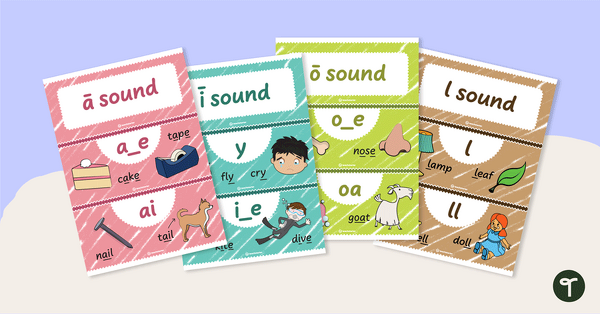
Phonics Sound Wall Display
Build a classroom sound wall to match your phonics programs and literacy progressions with a printable sound wall display.
- Plus Plan
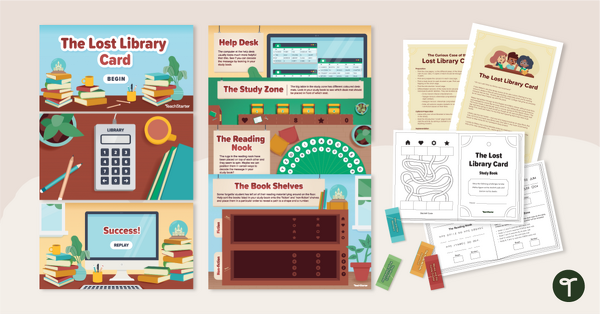
The Lost Library Card – Whole Class Escape Game
Use inference and problem-solving skills to decipher the puzzles and uncover the hidden code.
- Free Plan
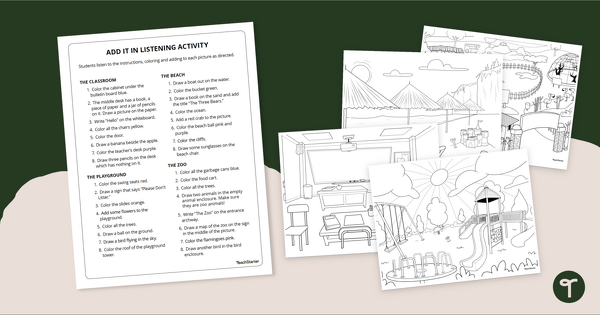
Add It In - Draw and Listen Activity
Practise following directions with a free draw and Listen Activity from Teach Starter.
- Plus Plan
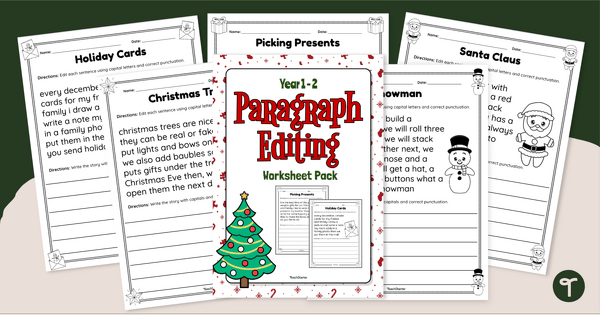
Christmas Paragraph Editing Worksheets (2-3)
Bring festive cheer into the classroom while giving students essential paragraph editing practice.
- Plus Plan
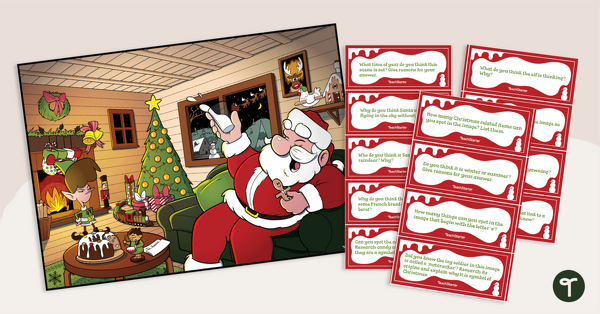
Christmas Picture Inferencing Task Cards
Use this festive image of Santa to engage your students with picture inferencing this Christmas, helping them build critical thinking skills through fun, visual clues.
- Free Plan
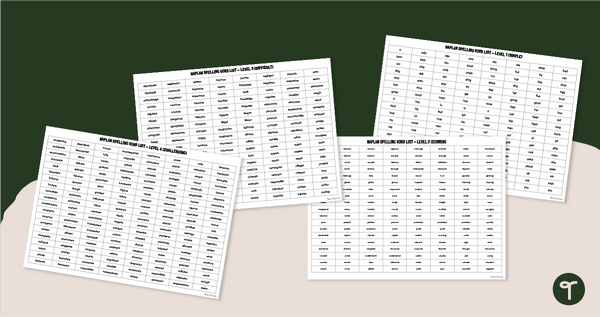
NAPLAN Spelling Reference List
Prepare your students for NAPLAN Language Conventions assessments with a printable NAPLAN Spelling Reference List.
- Free Plan
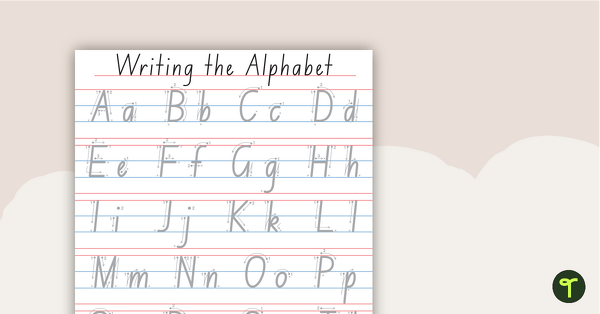
Writing the Alphabet Chart - Tracing
A chart to assist students when learning how to form letters.
- Free Plan
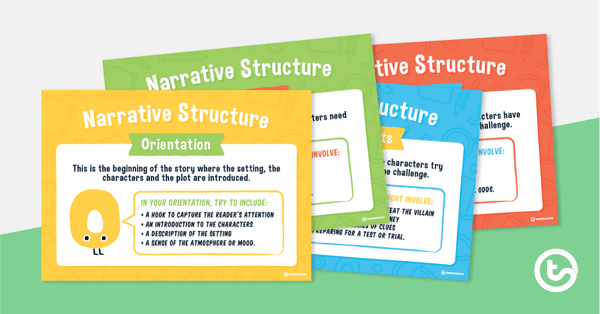
Narrative Text Structure Posters
Brighten your classroom and teach narrative paragraph structure with this set of 8 engaging posters designed to make narrative writing clear and fun for students.
- Free Plan
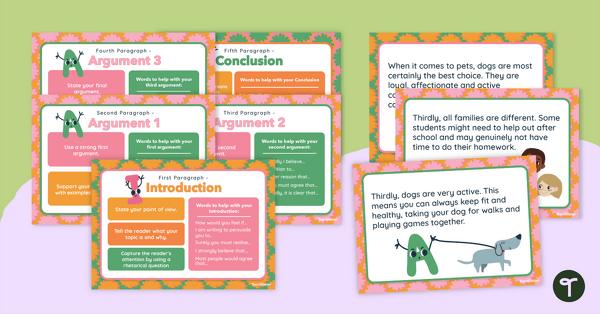
Persuasive Text Structure Posters
Explore the structure of persuasive writing with this set of 15 posters.
- Plus Plan
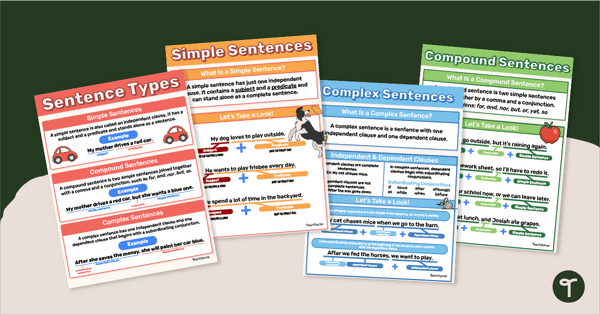
Simple, Compound and Complex Sentences Posters
Use these posters to show your students the attributes that make up simple, compound and complex sentences.
- Plus Plan
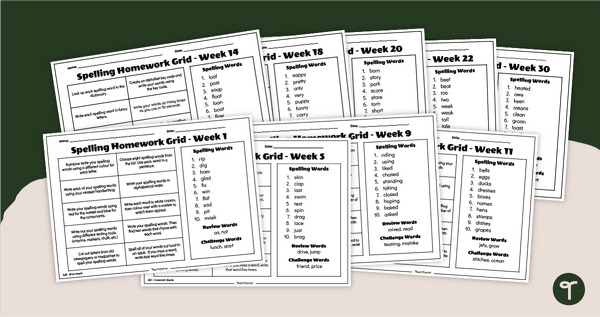
Year 2 Spelling Practice Worksheets - Weekly Homework
Make assigning homework easy all year with Year 2 Spelling Practice Worksheets.
- Plus Plan
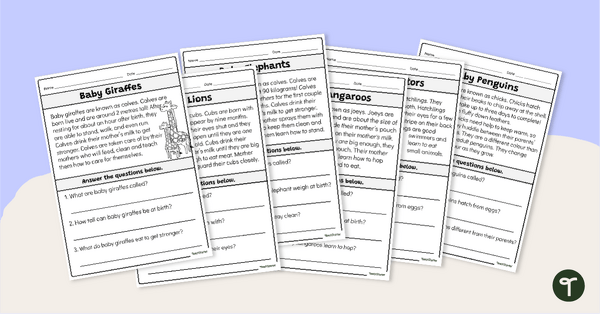
Baby Animals Reading Worksheets - Year 1-2
Learn about animals and their babies with a pack of printable Animal Babies Reading Worksheets for Years 1 & 2.
- Plus Plan
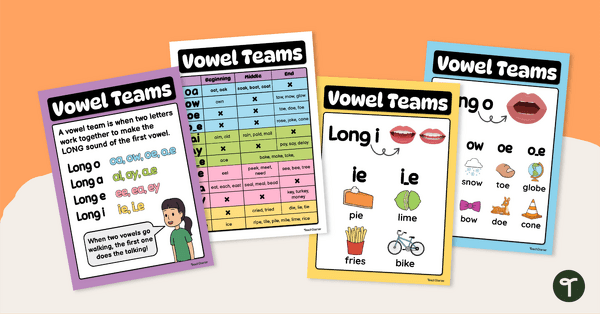
Vowel Team Digraph Poster Set
Display this poster set in your classroom when teaching children about different vowel team digraphs.
- Plus Plan
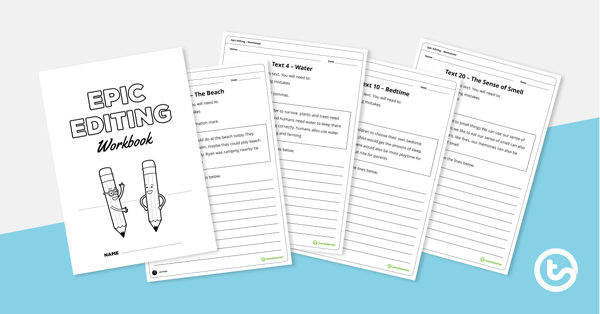
Epic Editing Workbook – Year 2
Use these Year 2 editing worksheets to get your students practising and refining their proofreading skills.
- Plus Plan
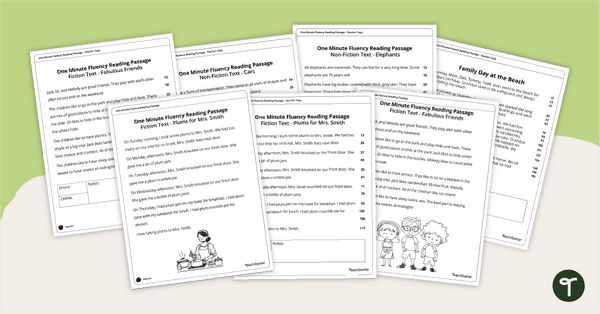
Fluency Reading Passages (Year 2)
Download a printable pack of Year 2 reading fluency passages with a printable ORF assessment pack.
- Plus Plan
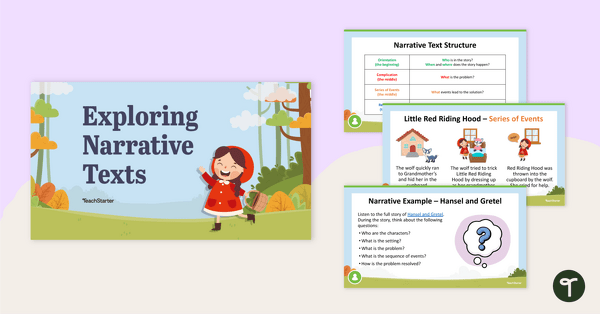
Exploring Narrative Texts PowerPoint
Teach your students about the key elements of narrative texts with this comprehensive teaching presentation.
- Plus Plan
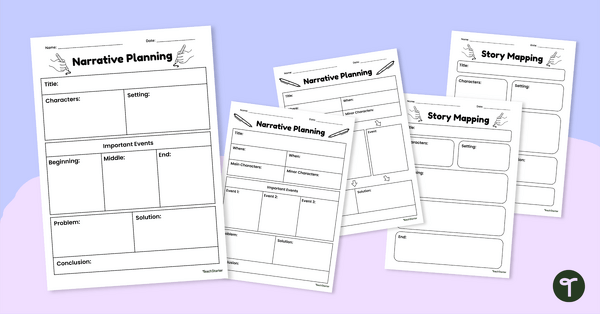
Narrative Writing Planning Template Pack
Use this narrative writing planning template pack to help your students plan a fantastic piece of writing!
- Plus Plan
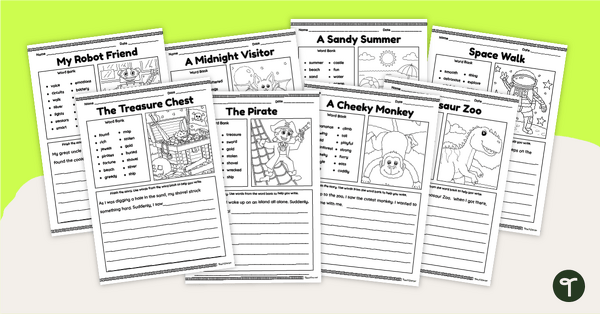
Narrative Sentence Starter Worksheets
Use our printable narrative writing prompt worksheets to boost your students' imaginative writing skills.
- Plus Plan
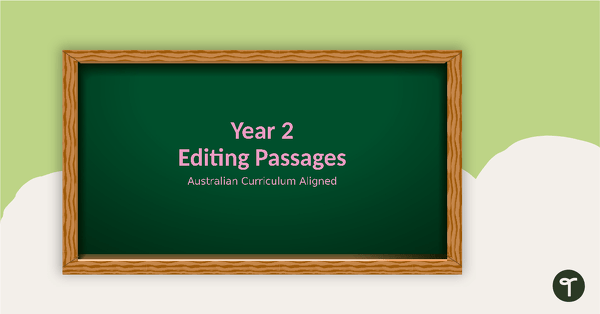
Year 2 Editing Passages
Use this set of Year 2 editing passages to help your students demonstrate their spelling, punctuation and grammar knowledge.
- Free Plan
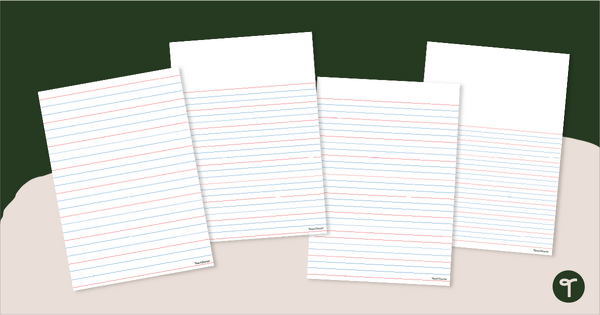
Printable Paper with Handwriting Lines - PDF
Use these printable red & blue lined handwriting paper templates to develop your students' penmanship skills in the early years' classroom.
- Plus Plan
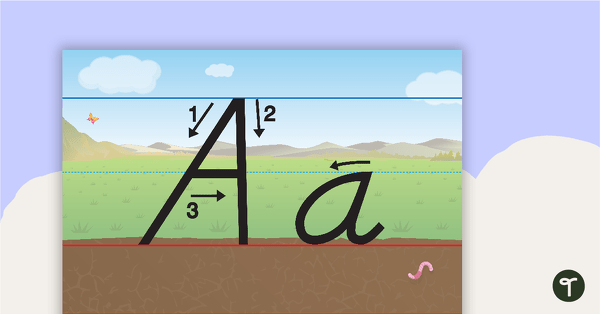
Handwriting Posters - Dirt, Grass and Sky Background With Arrows
Handwriting posters using a dirt, grass and sky background with arrows.
- Plus Plan
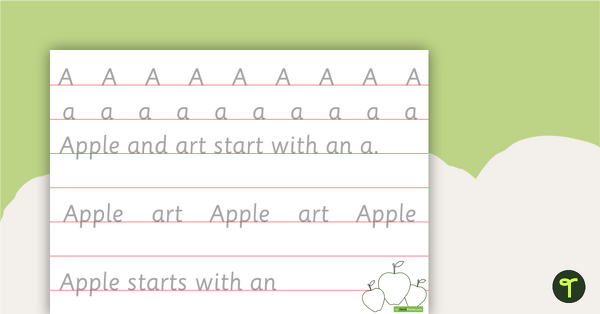
Alphabet Handwriting Sheets - Individual
Handwriting sheets for each letter of the alphabet.
- Plus Plan
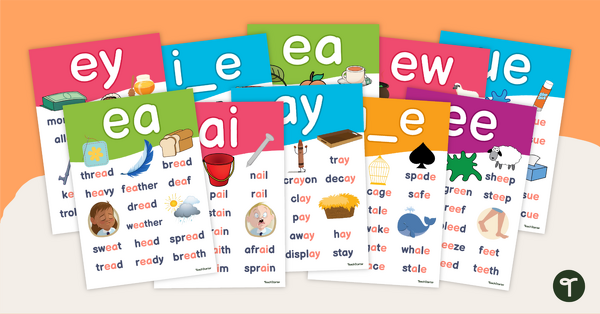
Vowel Digraphs Poster Pack
Expose your students to the most common vowel digraphs with this set of 24 posters.
- Free Plan
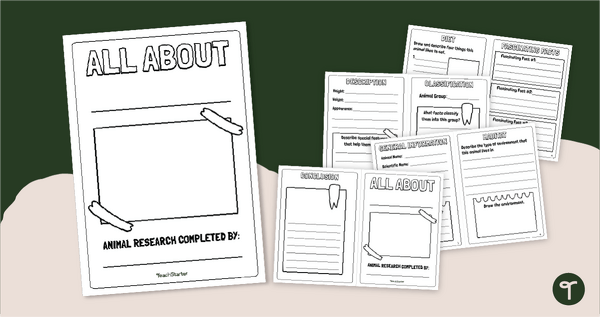
Animal Research Project - Informative Writing Booklet
Use a printable animal research organiser booklet for students to record facts about animals when learning to write informative texts.
- Plus Plan
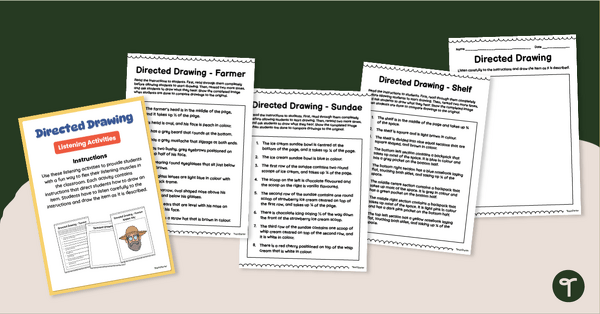
Active Listening-Drawing Activity Pack
Grab a Draw My Picture Game to fill in classroom downtime and help your students boost their listening skills.
- Plus Plan
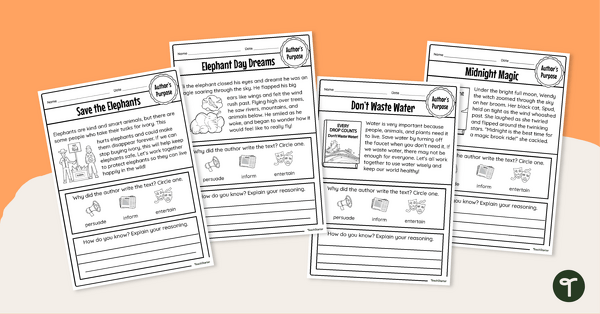
Author’s Purpose Reading Passages Worksheet Set
Explore the Author's Purpose in these reading passages with this set of Author's Purpose worksheets.
- Plus Plan
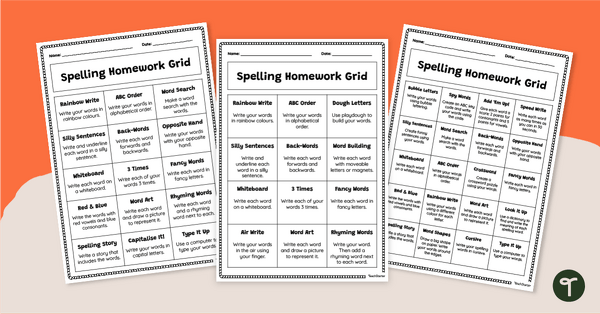
Spelling Homework Grid Pack
Give your students a variety of fun options for spelling homework with Differentiated Spelling Homework Grid Templates.
- Free Plan
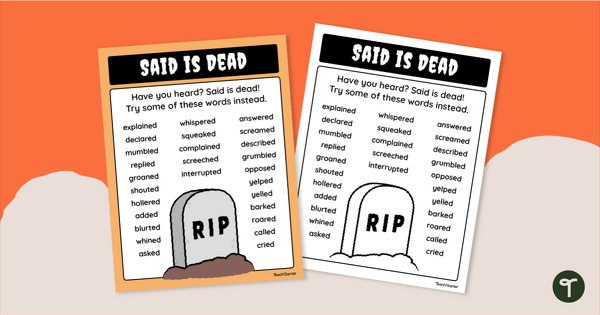
Said is Dead List - Dialogue Tags
Help your students choose a variety of dialogue tags when writing with a fun ‘Said is Dead’ Dialogue Tag List.
- Free Plan
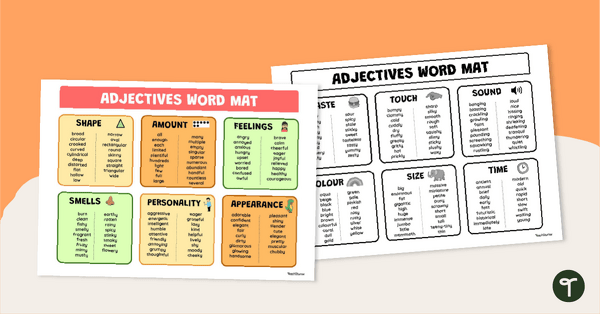
Printable Adjectives List for Kids
Print your students a list of adjectives to keep at hand when writing to help them use descriptive language.
- Free Plan
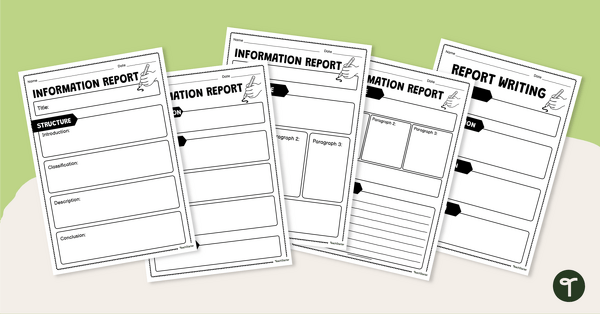
Information Report Graphic Organisers
Get your students to plan and write information reports with this set of 6 differentiated graphic organisers.
- Plus Plan
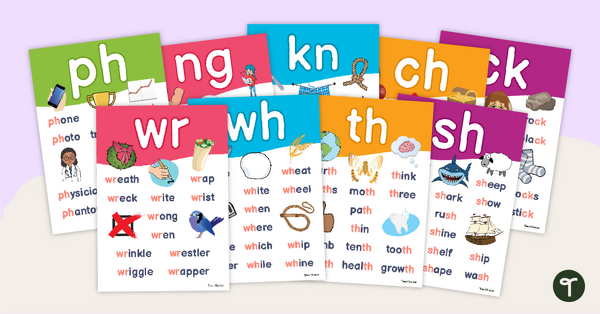
Consonant Digraphs Poster Pack
Expose your students to the most common consonant digraphs with this set of 9 posters.
- Free Plan
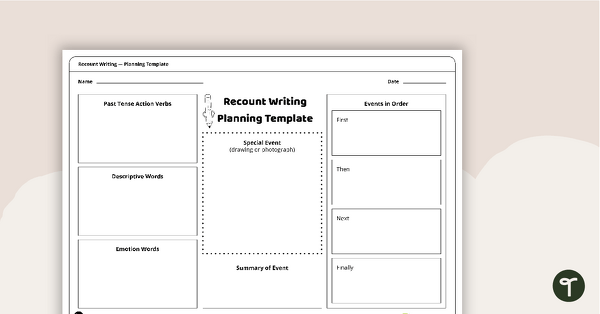
Personal Recount Planning Template
A template for students to use when planning a personal recount.